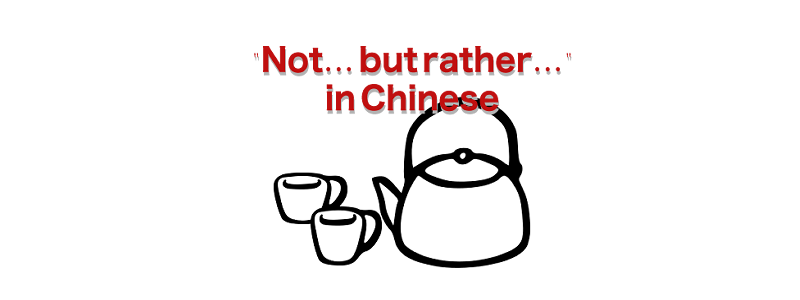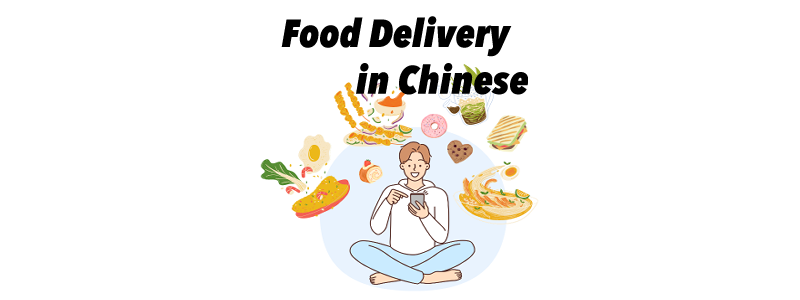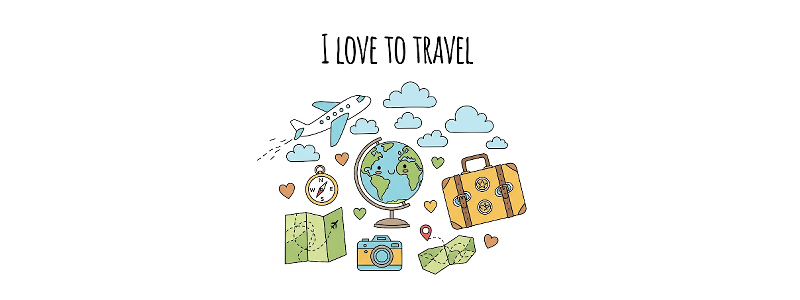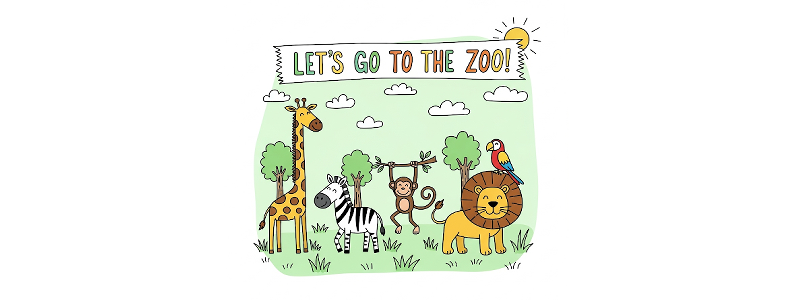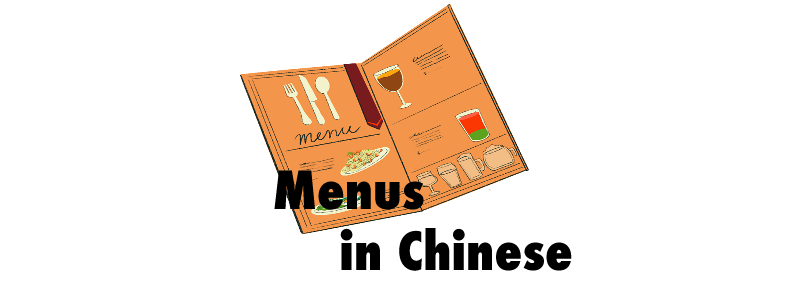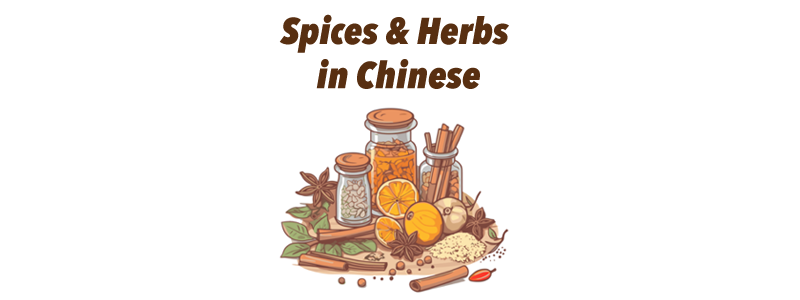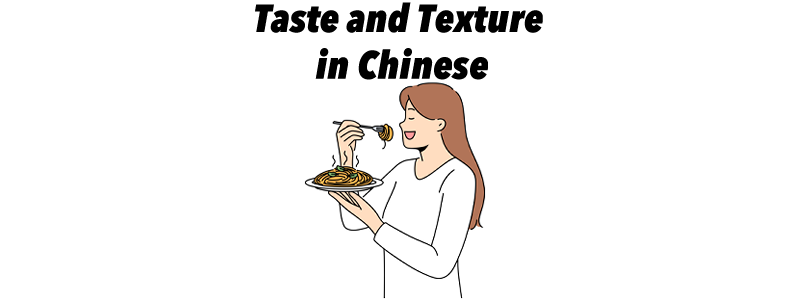Grammar Point:This Chinese structure is used to make a contrast, similar to saying “It’s not… but rather…” in English. The pattern is used when you want to correct or clarify something by presenting an alternative or more accurate statement. Structure 不是 + situation A + 而是 + situation B 我wǒ不是búshì不bù同意tóngyì而是érshì聽tīng不bú太tài懂dǒng我wǒ不是búshì不bù同意tóngyì而是érshì听tīng不bú太tài懂dǒngIt’s not that I disagree; I…
Category: HSK 2
有 yǒu – Existential Subject
Grammar Point:In Chinese, we use 有 yǒu to talk about the existence of something without specifying what it is. After 有 yǒu we describe what the thing does or is like. Structure 有 + (Number + MW) + N 有yǒu一天yìtiān有yǒu一天yìtiānOne day 有yǒu三sān隻zhī狗gǒu有yǒu三sān只zhī狗gǒuThere are three dogs. 有yǒu一個人yígerén來lái找zhǎo你nǐ有yǒu一个人yígerén来lái找zhǎo你nǐSomeone is coming to see you. 有yǒu天tiān你nǐ會huì知道zhīdào我的wǒde好hǎo有yǒu天tiān你nǐ会huì知道zhīdao我的wǒde好hǎoOne day you will…
Food Delivery in Chinese
Hey foodies! Tiffany here, your guide at OneDotDot Chinese. Ever wondered how to navigate Chinese food delivery apps? Well, there are some essential words you gotta know. Let’s get ready for a culinary adventure at your doorstep! Food Delivery App in China One of the food delivery apps is Meituan. It’s not just about delivering…
HSK2 Reading Practice – Who Is He
HSK2 Reading Practice Remember to use the menu at the top right of the article to switch between Traditional and Simplified Chinese. Vocabulary 玩wán球qiú玩wán球qiúto play ball 他tā每天měitiān都dōu和hé朋友péngyǒu玩wán球qiú他tā每天měitiān都dōu和hé朋友péngyou玩wán球qiúHe plays ball with his friends every day. 滾gǔn滚gǔnto roll 球qiú從cóng地上dìshàng滾gǔn到dào我wǒ的de腳jiǎo邊biān球qiú从cóng地上dìshang滚gǔn到dào我wǒ的de脚jiǎo边bianThe ball rolled to my feet from the ground. 公園gōngyuán公园gōngyuánpark 我wǒ喜歡xǐhuān週末zhōumò去qù公園gōngyuán散步sànbù我wǒ喜欢xǐhuan周末zhōumò去qù公园gōngyuán散步sànbùI like to take a walk in the park…
HSK2 Reading Practice – I Love To Travel
Reading Practice Remember to use the menu at the top right of the article to switch between Traditional and Simplified Chinese. Vocabulary 旅行lǚxíng旅行lǚxíngtravel 我wǒ想xiǎng去qù中國Zhōngguó旅行lǚxíng我wǒ想xiǎng去qù中国Zhōngguó旅行lǚxíngI want to travel to China. 年輕人niánqīngrén年轻人niánqīngrényoung person 那些nàxiē年輕人niánqīngrén在zài公園gōngyuán裡lǐ唱歌chànggē那些nàxiē年轻人niánqīngrén在zài公园gōngyuán里lǐ唱歌chànggēThose young people are singing in the park. 打算dǎsuàn打算dǎsuànplan, intend 我wǒ打算dǎsuàn明年míngnián學習xuéxí日文rìwén我wǒ打算dǎsuàn明年míngnián学习xuéxí日文rìwénI plan to study Japanese next year. 禮物lǐwù礼物lǐwùgift, present 我wǒ準備zhǔnbèi了le一個yíge禮物lǐwù給gěi你nǐ我wǒ准备zhǔnbèi了le一个yíge礼物lǐwù给gěi你nǐI prepared a gift for…
HSK2 Reading Practice – Let’s go to the Zoo
HSK2 Reading Practice Remember to use the menu at the top right of the article to switch between Traditional and Simplified Chinese. Vocabulary 動物園dòngwùyuán动物园dòngwùyuánzoo 昨天zuótiān我們wǒmen去qù動物園dòngwùyuán看kàn熊貓xióngmāo昨天zuótiān我们wǒmen去qù动物园dòngwùyuán看kàn熊猫xióngmāoYesterday we went to the zoo to see pandas. 期待qídài期待qīdàito look forward to 他tā很hěn期待qídài明天míngtiān的de生日shēngrì派對pàiduì他tā很hěn期待qīdài明天míngtiān的de生日shēngrì派对pàiduìHe is looking forward to tomorrow’s birthday party. 背包bēibāo背包bēibāobackpack 她tā每天měitiān背bēi著zhe背包bēibāo去qù上學shàngxué她tā每天měitiān背bēi着zhe背包bēibāo去qù上学shàngxuéShe carries a backpack to school every day. 褲子kùzi裤子kùzipants…
Menus in Chinese
Hello, I’m Tiffany from OneDotDot Chinese. Today, let’s explore some Chinese vocabulary related to menus. 😋 When dining at a restaurant in China, how can you tell the main dishes from the side dishes? And if you want to order à la carte or opt for a set menu, how would you express that? Menu…
Spices & Herbs in Chinese
Spices and herbs play a big role in Chinese food, adding all sorts of yummy flavors and smells. Imagine the spicy tingle of Sichuan peppercorns or the nice smell of star anise. In this article about ‘Spices & Herbs in Chinese,’ we’ll dig into the interesting things about these ingredients and how they make Chinese…
Feelings in Chinese
Here’s a list of feelings vocabulary in Chinese: 開心kāixīn开心kāixīn – Happy 快樂kuàilè快乐kuàilè – Delighted 高興gāoxìng高兴gāoxìng – glad 愉快yúkuài愉快yúkuài – Pleased 滿意mǎnyì满意mǎnyì – Satisfied 輕鬆qīngsōng轻松qīngsōng – Relaxed 害怕hàipà害怕hàipà – Afraid 緊張jǐnzhāng紧张jǐnzhāng – Nervous 擔心dānxīn担心dànxīn – Worried 焦慮jiāolǜ焦虑jiāolǜ – Anxious 沮喪jūsāng沮丧jūsāng – Frustrated 難過nánguò难过nánguò – Sad 生氣shēngqì生气shēngqì – Angry 驚訝jīngyà惊讶liángyà – Surprised 好奇hǎoqí好奇hǎoqí – Curious 疑惑yíhuò疑惑yíhuò –…
Taste and Texture in Chinese
It’s just that diving into flavors and textures can be a bit dull, so let me also throw in some traditional Chinese snacks while we’re at it. Flavors/Taste – 味道 wèidào Dragon’s Beard Candy – 龍鬚糖/龙须糖 lóngxū táng To create Dragon’s Beard Candy, a mixture of maltose and corn syrup is heated, stretched, and folded…
